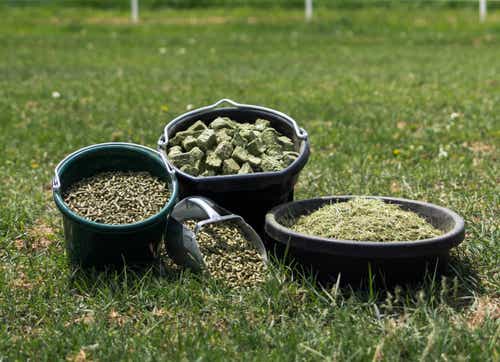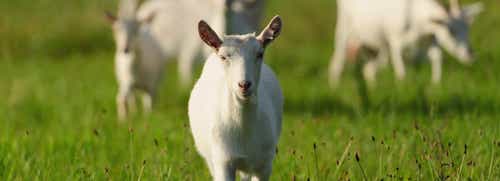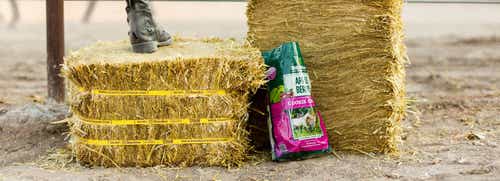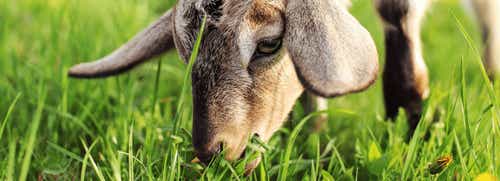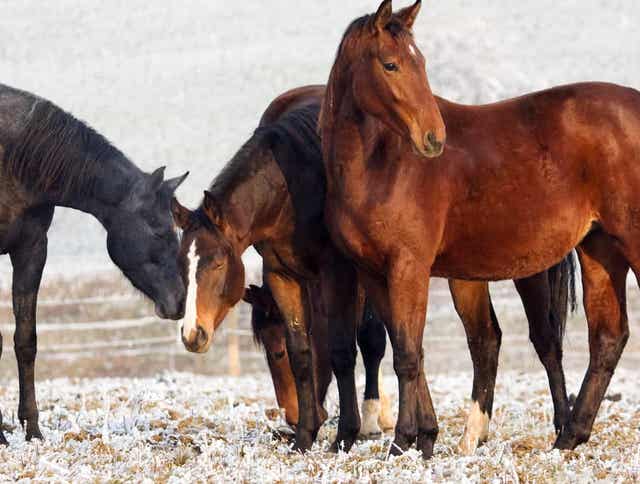
Winter Horse Care Guide
With winter on the horizon, it's imperative to grasp the essential tips and guidelines for maintaining your horse's well-being during the colder months. Winter horse care plays a pivotal role in ensuring the health and comfort of your equine companion despite the chilly weather.
In this blog, we will delve into various aspects of winter horse care, including how to prepare your horse for winter, adjustments to feeding and nutrition, maintaining overall horse health, and ensuring adequate exercise and activity. Additionally, we'll discuss extra considerations to keep in mind during this season.
At Standlee Forage, we recognize the importance of year-round care for your horse. Our premium forage products are crafted to meet your horse's nutritional needs all year long.
Understanding Winter Horse Care
Winter horse care is essential for horses to sustain their health and comfort during cold months. Although horses are naturally equipped to endure colder weather, they still require special attention to stay healthy and content.
One of the significant challenges during winter is the plummeting temperatures, which can lead to various health concerns for horses. Cold weather can cause dehydration, respiratory issues, and even hypothermia if proper care isn't given. By understanding the critical aspects of winter horse care, horse owners can take necessary steps to prevent such problems.
Nutrition and hydration are vital in maintaining a horse's health during winter. Horses need more calories to generate body heat and stay warm. Providing high-quality forage, like Standlee Premium Western Forage, ensures they receive the necessary nutrients to maintain their energy levels. Monitoring water intake is equally important as horses tend to drink less in winter. Ensuring they have access to fresh, unfrozen water is crucial to prevent dehydration.
Preparing Your Horse for Winter
Winter poses unique challenges for horses, and proper preparation is essential to ensure their health and comfort. Here are some critical winter horse care tips to winterize your horse's stable, provide adequate shelter, and understand the benefits of blanketing and clipping.
Winterizing your horse's stable:
- Insulate the stable: Ensure your horse's stable is well-insulated to shield them from the cold. Use materials such as straw or shavings for additional bedding, providing warmth and comfort.
- Check for drafts: Seal any gaps or cracks in the stable walls or windows to prevent cold air from entering. Adequate ventilation is still necessary, so install vents or windows that can be opened and closed as needed.
- Provide a heated water source: Horses need continuous access to fresh, unfrozen water. Invest in a heated water bucket or use a water heater to prevent water from freezing.
Providing adequate horse shelter:
- Use a sturdy shelter: Ensure your horse has access to a well-built shelter or a three-sided run-in shed where they can seek protection from harsh weather conditions, wind, and precipitation.
- Clear snow accumulation: Regularly remove snow from the shelter's roof and entrances to prevent collapses and blockages.
- Windbreaks and blankets: Position windbreaks such as trees or solid fences strategically to shield your horse from cold winds. Additionally, consider using blankets for extra warmth, especially for older or clipped horses.
The benefits of blanketing and clipping your horse:
- Temperature regulation: Blanketing helps regulate your horse's body temperature by providing an extra layer of insulation. Clipping can also prevent excessive sweating during exercise when the horse's winter coat is still growing.
- Maintaining coat condition: Blanketing protects your horse's coat from becoming wet and matted, which can lead to skin issues. Clipping helps maintain a neat appearance, making grooming easier.
- Individual horse needs: Consider your horse's breed, age, body condition, and workload when deciding whether to blanket or clip. Consult with your veterinarian or equine professional for personalized advice.
Following these winter horse care tips ensures your equine companion stays healthy, comfortable, and happy throughout the colder months.




